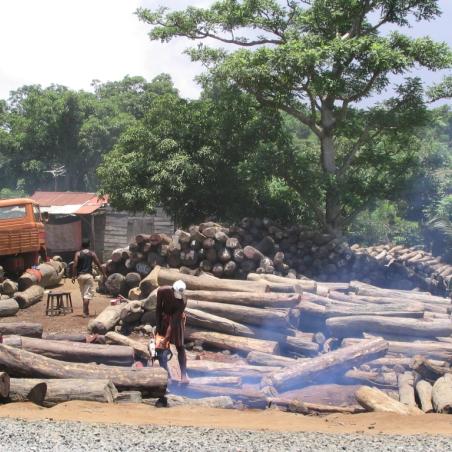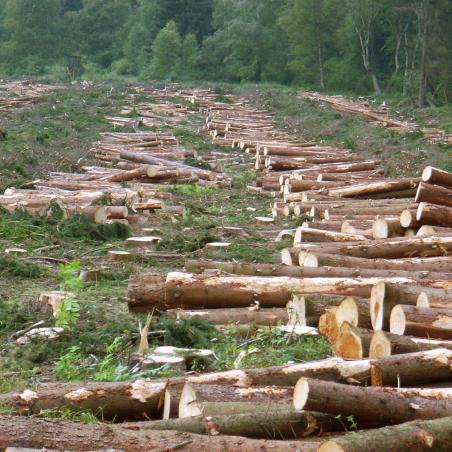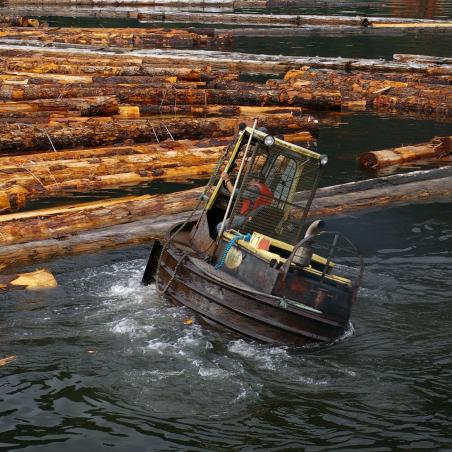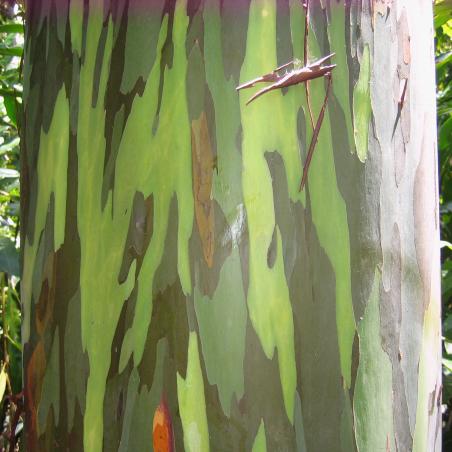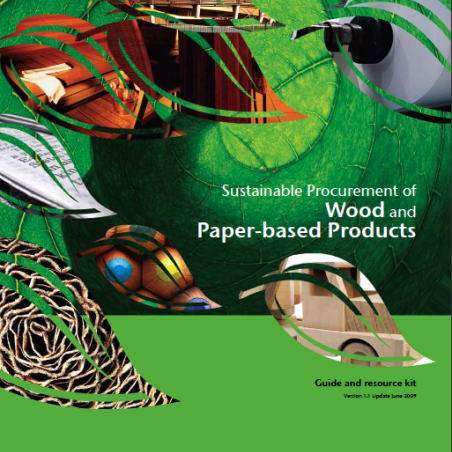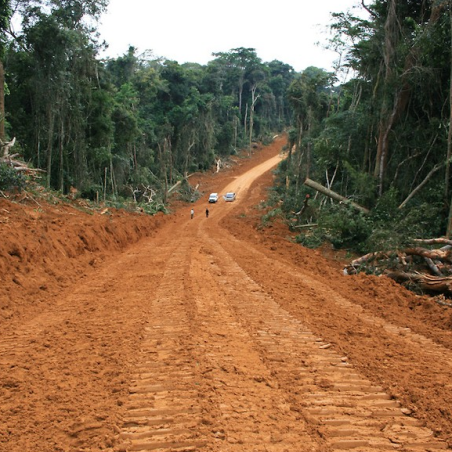News & Blogs
07/08/2015
Brazilian police and scientists team up to crack down on illegal timber trade
Type:
Blog Post
Seven years ago, Brazil’s São Paulo State Environmental Police set out to crack down on the illegal timber trade. In 2011, during one of their most ambitious inspection operations, officers inspected nearly 350 trucks and more than 60 lumberyards in just two days. Discovering an array of violations, they responded by delivering 50 violation notices and issuing BRL $2.2 million (USD $1.4 million) in fines.
05/29/2015
Mapping Illegal Forest Clearings in the Brazilian Amazon
Type:
Blog Post
The Instituto Centro de Vida (Life Center Institute - ICV) recently released a report mapping illegal forest clearings in the Brazilian state of Mato Grosso. The analysis was part of a Global Forest Watch Small Grants Fund project to assess the legality of timber extraction by comparing tree cover loss vis-à-vis authorized forest management operations, indigenous territories and protected areas between August 2012 and July 2013.
03/27/2014
4 Actions Companies Can Take to Source Legal Wood
Type:
Blog Post
Illegal logging drives deforestation in many countries, robbing national governments and local communities of valuable income and contributing to global biodiversity loss and climate change. Experts estimate that up to 10 percent—or about $7 billion—of the global wood supply is sourced illegally—meaning that the wood was harvested in violation of national laws or international agreements to which a country is party to.
10/30/2013
Lumber Liquidators Raid Shows Companies Need to Heed U.S. Lacey Act
Type:
Blog Post
U.S. federal authorities recently executed search warrants at two Virginia facilities belonging to Lumber Liquidators Holdings, Inc., the largest specialty retailer of hardwood flooring in the United States. Lumber Liquidators said in a press release last month that the raids were related “to the importation of certain of the Company’s wood flooring products,” but did not explain further.
09/23/2013
Leveling the Playing Field for Legal Timber in Brazil
Type:
Blog Post
Brazil is one of the most biologically diverse countries in the world. What is less known is that the country is the fourth largest industrial roundwood (timber left as logs, not sawn into planks) and wood pulp producer and ninth largest paper producer in the world.
03/12/2013
Five Lessons For Sustaining Global Forests
Type:
Blog Post
As the old adage suggests, it is important to see the forests for more than just the trees. While an estimated 500 million people depend directly on forests for their livelihoods, the entire world depends on them for food, water, clean air, and vital medicines. Forests also absorb carbon dioxide, making them critical to curbing climate change.
12/01/2012
Updated Guide Helps Businesses Source Sustainable Wood and Paper Products
Type:
Blog Post
Forests are vitally important for the global environment, economy, and population. The forest sector employs 13.7 million workers and contributes to about 1 percent of the global GDP. Plus, an estimated 500 million people around the world directly depend on forests for their livelihoods.
10/11/2012
A Look Inside Disney's New Paper Sourcing Policy
Type:
Blog Post
Disney, one of the world’s largest media companies, made a big announcement today that can help the company move in a more sustainable direction when it comes to paper sourcing and use. This is a positive step toward environmental leadership by a company whose name is familiar to people around the globe.
10/08/2012
Gibson Guitar Logging Bust Demonstrates Lacey Act’s Effectiveness
Type:
Blog Post
On August 6, the U.S. Department of Justice announced that it reached a criminal enforcement agreement with Gibson Guitar Corp., resolving two investigations into allegations that Gibson violated the Lacey Act by purchasing and importing illegally harvested wood materials into the United States from Madagascar and India.
04/23/2012
How has the Lacey Act influenced the way you do business? A conversation with Bob Taylor of Taylor Guitars
Type:
Blog Post
First off, Taylor Guitars supports Lacey and its intent. Of course, who doesn’t say they support Lacey? People announce their support whether they practice their statement or not. But, let’s say, just for argument’s sake, that none of us guitar makers were environmentalists, or cared about the world’s tropical forests.
